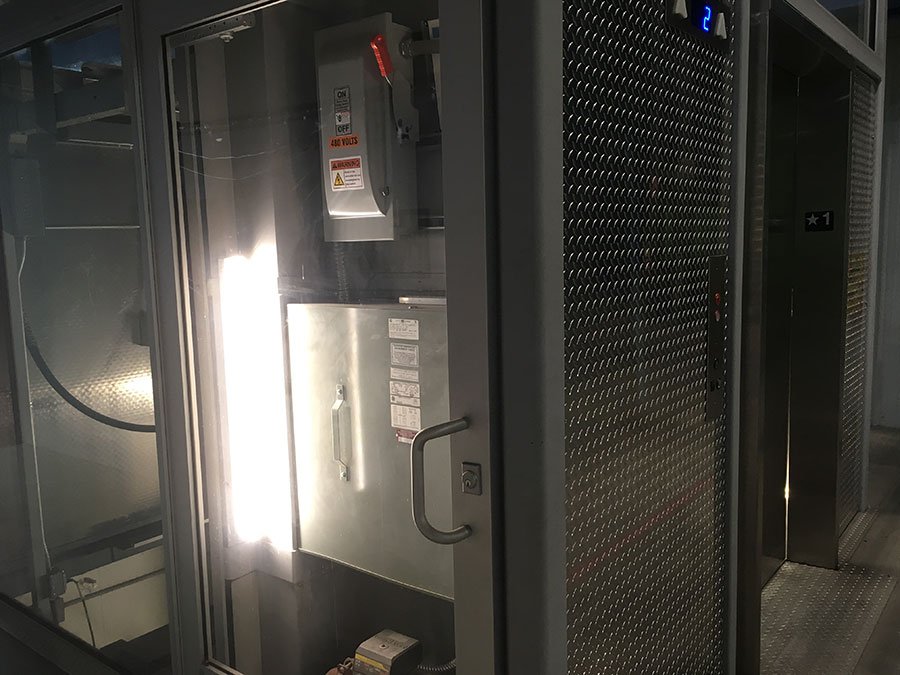
Image Source- Google
Construction sites have always been a hub of innovation, with new technologies constantly reshaping the industry. One of the most significant advancements in recent years has been the development of hydraulic equipment. These powerful tools have revolutionized the way we build, making construction processes more efficient, safe, and cost-effective. You may navigate through this website to shop for hydraulic lift equipment.
As we look to the future of construction, it is clear that hydraulic equipment will continue to play a key role in driving progress and shaping the industry. Let's explore some of the most exciting innovations in hydraulic equipment that are set to transform the construction sector in the coming years.
1. Telematics Integration
Improved Efficiency and Productivity
Telematics is the integration of telecommunications and informatics to transmit data over long distances. When this technology is integrated into hydraulic equipment, it allows for real-time monitoring and tracking of machine performance. This innovation provides several benefits, including:
- Remote diagnostics to detect issues before they become major problems
- Optimized performance through data analysis and machine learning algorithms
- Enhanced predictive maintenance schedules to minimize downtime
2. Electro-Hydraulic Systems
Increased Precision and Control
Electro-hydraulic systems combine traditional hydraulic power with electronic control systems to provide more precise operation and greater control over equipment functions. This innovation offers several advantages, such as:
- Improved energy efficiency through variable speed controls
- Enhanced safety features, such as overload protection and automatic shutdown systems
- Greater flexibility in operation, with customizable settings for different tasks
3. Modular Design
Flexibility and Adaptability
Modular design is a concept that involves creating hydraulic equipment with interchangeable parts and components. This approach allows for greater flexibility and adaptability on construction sites, as equipment can be easily reconfigured to suit different tasks and environments. Some of the key benefits of modular design include:
- Reduced downtime for maintenance and repairs, as components can be quickly swapped out
- Cost savings by avoiding the need to purchase multiple specialized machines
- Scalability to meet changing project requirements without the need for additional equipment
4. Automation and Robotics
Streamlined Operations and Workflows
The integration of automation and robotics into hydraulic equipment is set to revolutionize construction processes by increasing efficiency and productivity. Automated systems can perform repetitive tasks with precision and consistency, freeing up human operators to focus on more complex aspects of the job. Some of the advantages of automation and robotics in hydraulic equipment include:
- Increased speed and accuracy in repetitive tasks, such as digging and lifting
- Improved safety by reducing the risk of human error and accidents on the job site
- 24/7 operation capabilities for round-the-clock construction projects
5. Sustainable Practices
Environmentally-Friendly Solutions
As the construction industry increasingly focuses on sustainability and environmental responsibility, hydraulic equipment is being developed with innovative features to reduce emissions and minimize environmental impact. Some of the eco-friendly practices being incorporated into hydraulic equipment include:
- Hybrid power systems that combine traditional hydraulic power with electric or solar energy
- Regenerative systems that capture and reuse energy generated during equipment operation
- Advanced filtration systems to reduce hydraulic fluid contamination and improve efficiency
With these exciting innovations in hydraulic equipment, the future of construction looks bright. As technology continues to evolve, we can expect to see even more groundbreaking developments that will further transform the industry and make construction processes more efficient, sustainable, and cost-effective.

